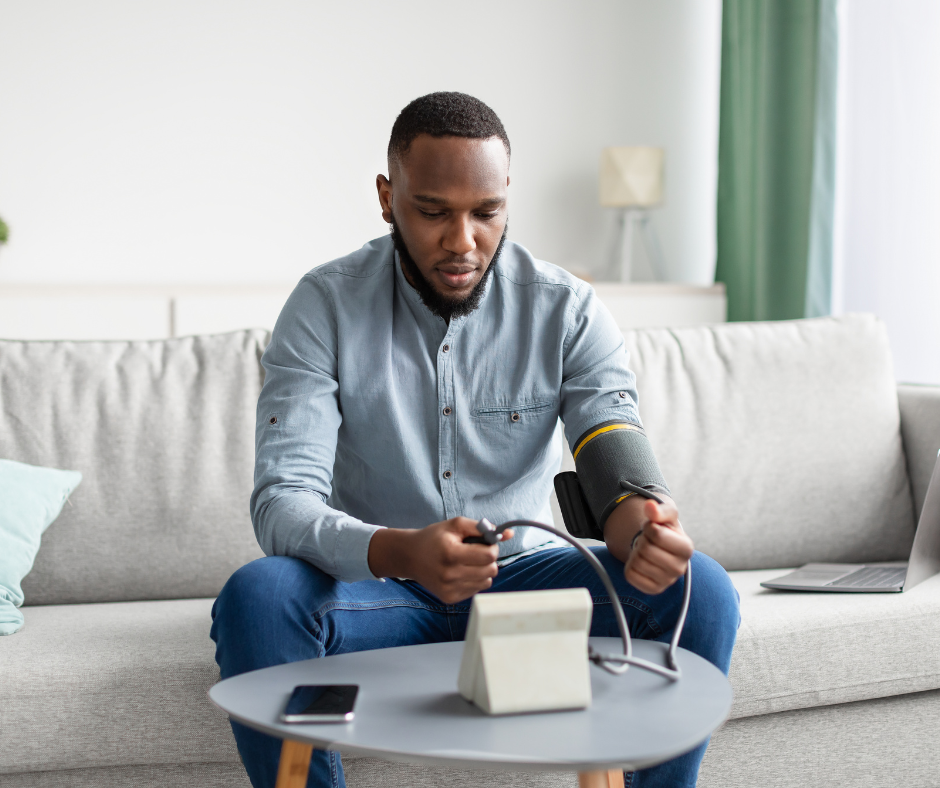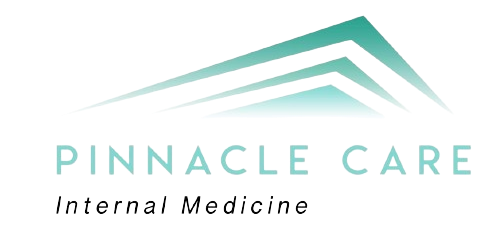Remote Blood Pressure Monitoring: A Research-Backed Approach to Lifelong Cardiovascular Health

March 4, 2025
Hypertension, often called the "silent killer," is a leading cause of heart disease, stroke, and kidney failure. Remote blood pressure (BP) monitoring is a revolutionary approach that allows patients to track their blood pressure at home while providing real-time data to healthcare providers. This proactive method helps in early detection, chronic disease prevention, and improved patient outcomes.
Scientific Basis: The Silent Killer
Hypertension is termed the "silent killer" because it often presents no symptoms until it leads to severe complications. Research shows that:
- Approximately 46% of adults worldwide have hypertension, yet only half are aware of it (WHO, 2023).
- Uncontrolled high blood pressure increases the risk of stroke by 4 times and heart disease by 3 times(American Heart Association, 2023).
- Long-term hypertension damages the vascular endothelium, leading to atherosclerosis, heart failure, and renal impairment (Journal of the American College of Cardiology, 2022).
Benefits of Remote Blood Pressure Monitoring
- Early Detection and Prevention: Studies show that continuous BP monitoring leads to earlier detection of hypertension, reducing complications by up to 40% (Lancet, 2021).
- Better Hypertension Control: Patients who use remote monitoring are 35% more likely to maintain controlled BP levels compared to those relying on clinic-based measurements alone (JAMA Cardiology, 2023).
- Reduced Cardiovascular Events: A study in the New England Journal of Medicine (2023) found that remote BP monitoring, coupled with timely interventions, reduces the risk of heart attacks and strokes by 25%.
- Improved Medication Adherence: Remote monitoring provides real-time data, enabling physicians to adjust medications promptly, reducing non-compliance issues.
- Enhanced Patient Engagement: Continuous monitoring encourages patients to make healthier lifestyle choices by observing real-time fluctuations in their BP.
Who Benefits the Most?
- Patients with Hypertension – To detect and manage blood pressure fluctuations.
- High-Risk Individuals – Those with a family history of heart disease, diabetes, or obesity.
- Elderly Patients – As they are at increased risk of BP variability and complications.
- Patients with Chronic Kidney Disease (CKD) – Since hypertension accelerates kidney damage.
- Pregnant Women – To monitor conditions like preeclampsia.
- Post-Surgical and Post-Stroke Patients – To prevent recurrent cardiovascular events.
How Remote BP Monitoring Prevents Chronic Disease and Extends Lifespan
- Stroke and Heart Attack Prevention: Studies confirm that keeping systolic BP below 120 mmHg can reduce cardiovascular mortality by 43% (SPRINT Trial, 2021).
- Kidney Disease Management: Maintaining optimal BP reduces the risk of kidney failure by 30% (National Kidney Foundation, 2022).
- Cognitive Health: Hypertension is linked to an increased risk of dementia; studies show that BP control decreases the likelihood of cognitive decline (Neurology Journal, 2023).
- Overall Longevity: People with controlled blood pressure live an average of 5-10 years longer compared to those with uncontrolled hypertension (American Journal of Cardiology, 2023).
Insurance Coverage for Remote BP Monitoring
- Medicare and most private insurance plans cover remote BP monitoring under CPT codes 99453, 99454, 99457, and 99458.
- Patients with chronic conditions, recent hospitalization, or high-risk factors are most likely to qualify for reimbursement.
- Remote monitoring is considered part of Chronic Care Management (CCM) and Remote Patient Monitoring (RPM) programs, making it accessible to many.
Remote blood pressure monitoring is a research-backed, life-saving technology that helps patients and healthcare providers proactively manage hypertension. By preventing chronic diseases, improving patient adherence, and reducing the risk of fatal cardiovascular events, it significantly enhances both health span and lifespan. If you or a loved one could benefit from real-time BP monitoring, consult with your healthcare provider to see if it is covered by your insurance and how to integrate it into your care plan.
